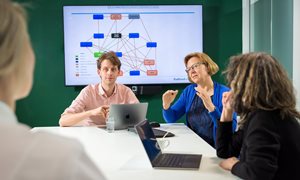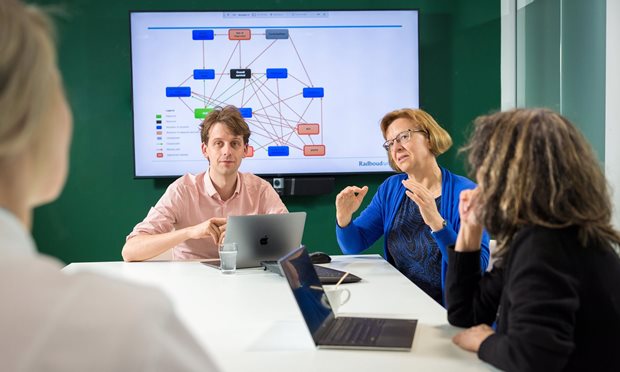

About
We are one of three science departments; a department with the core tasks of research and education. We acquire and disseminate knowledge and methodology about preventing disease and improving care.
Welcome to Research


We are one of three science departments; a department with the core tasks of research and education. We acquire and disseminate knowledge and methodology about preventing disease and improving care.